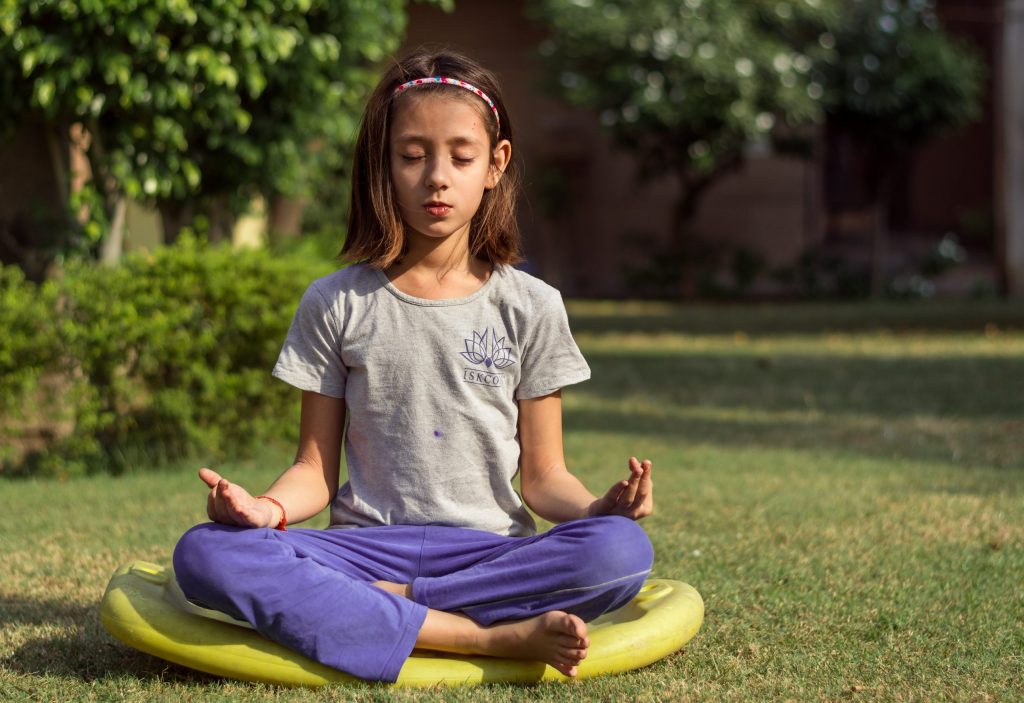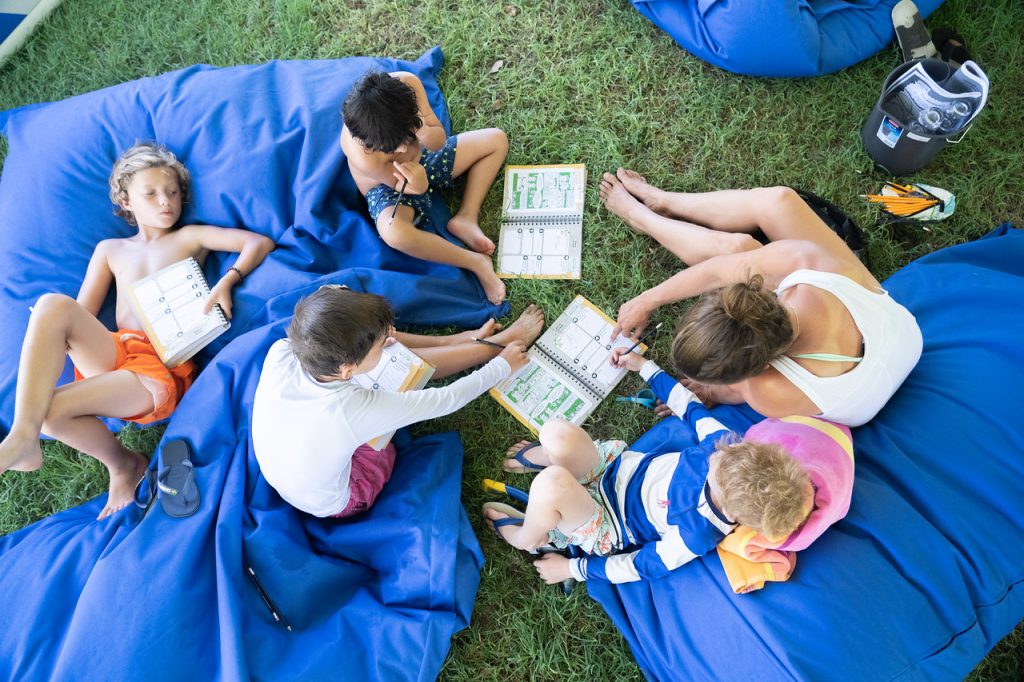Christmas Cheer: Promoting happy children
1st December, 2015
A recent study states our children are some of the unhappiest in the world. So how do we put a smile back on their faces?
by Sophie Stead, The Resident
When you ask children what they’d like to be when they grow up, they might say a pilot, doctor, engineer or astronaut but how often do they say ‘happy’?
In a recent study by the Children’s Society, English school children are among some of the unhappiest in the world. It’s a terrifying thought when you look at the statistics but there are a number of ways to mitigate against this problem and help children to feel confident, happy and engaged in their school life.
Preparation
Exams are a stressful part of school life for any child and increasing exam pressure has seen the rates of depression and anxiety rise rapidly over the last decade. However, it doesn’t need to be that way. Putting together a plan with your child far ahead of their exams allows your child to take their time, covering areas of weakness at their own pace.
It’s easy for your own anxieties about exams to feed back down to your children but a clear understanding of what the exam is about, where your child needs to focus and what the end goal is makes the whole experience much calmer. At Enjoy Education we find that supporting parents through the process is just as important as ensuring each child feels confident to take on the challenge. This level of preparation is essential for ensuring that good habits are put into place for future life and your child feels they can make mistakes early on when it’s not going to impact on their future.

Mindfulness
Mindfulness may have once sat firmly in the realm of self-help bookshelves but the results for lowering stress levels, depression and increasing happiness has meant that it has now become part of mainstream society and even part of some schools’ curriculum.
Mindfulness is the technique of focusing the mind on the ‘now’ and enjoying the present rather than thinking ahead to worries around the corner. In an age where children are bombarded with information almost every waking moment, Mindfulness provides that much needed quiet moment to recoup and bring a sense of calm. Anthony Seldon, the outgoing Master of Wellington College made headlines when he introduced Mindfulness lessons into his school but the results have been staggering. Offering strategies to children when they are still young allows them to build resilient and clever ways of dealing with problems that come their way at any stage in their lives.
Sharing
As a result of the findings from their 2015 report, the Children’s Society are calling for counselling to be provided as mandatory in schools across England. Vocalising their feelings on a particular issue is the first step to encouraging children to be open about the problems or anxieties that they are facing at school and understand how to solve those problems. This can be easily integrated into home life, whether it’s a chat in the car on the way home from school or sitting down as a family a couple of nights a week to talk through everyone’s days. We all feel better when we can share the thing that’s been bothering us and children are no different.

Extra-Curricular Activities
It’s underrated but there is nothing like getting outside of the classroom and running around to really blow away worries. Having a good range of extra-curricular activities that your child enjoys and aren’t exam focused will allow them to build their confidence and understand that school, although crucially important, is only one aspect of a rich and well-rounded part of growing up.